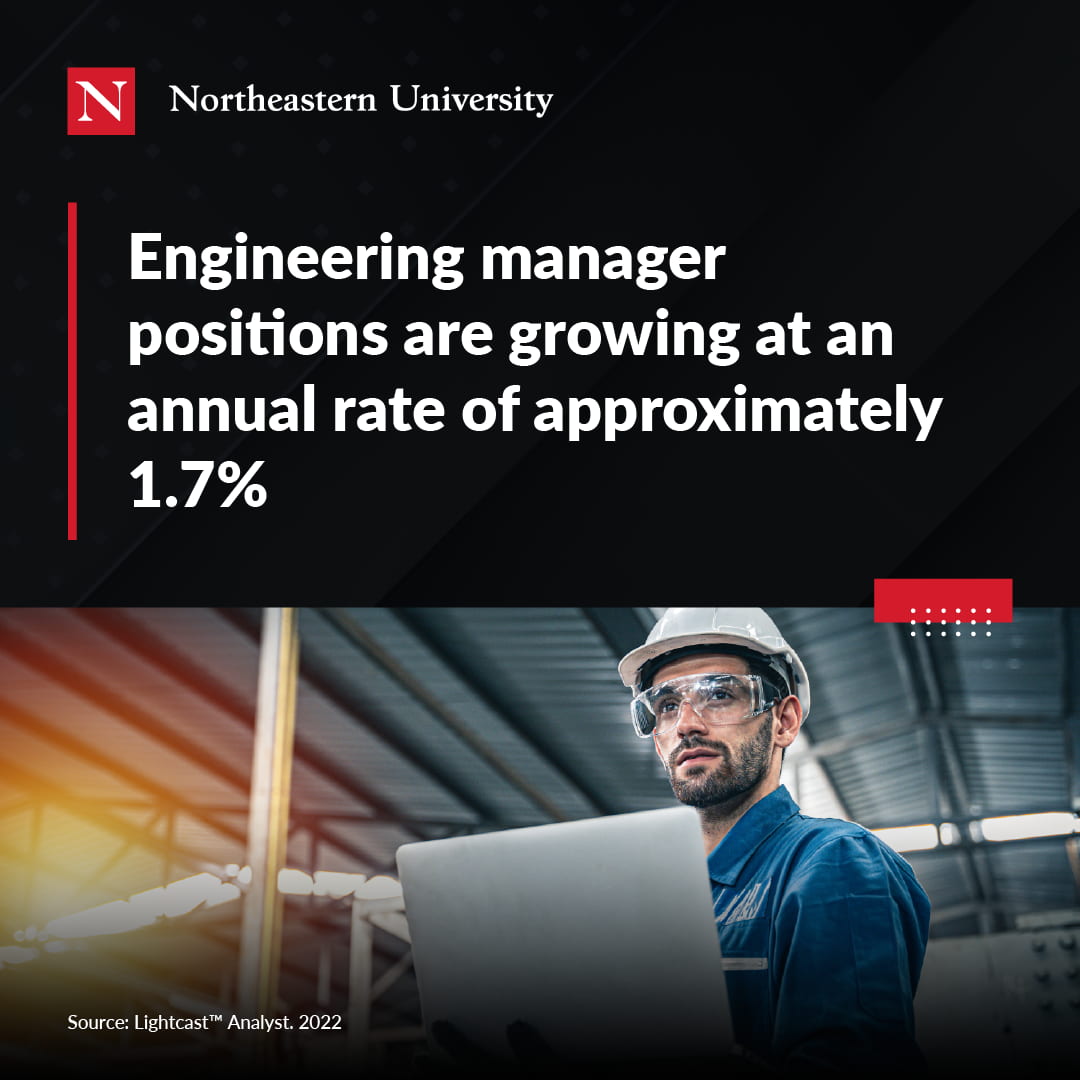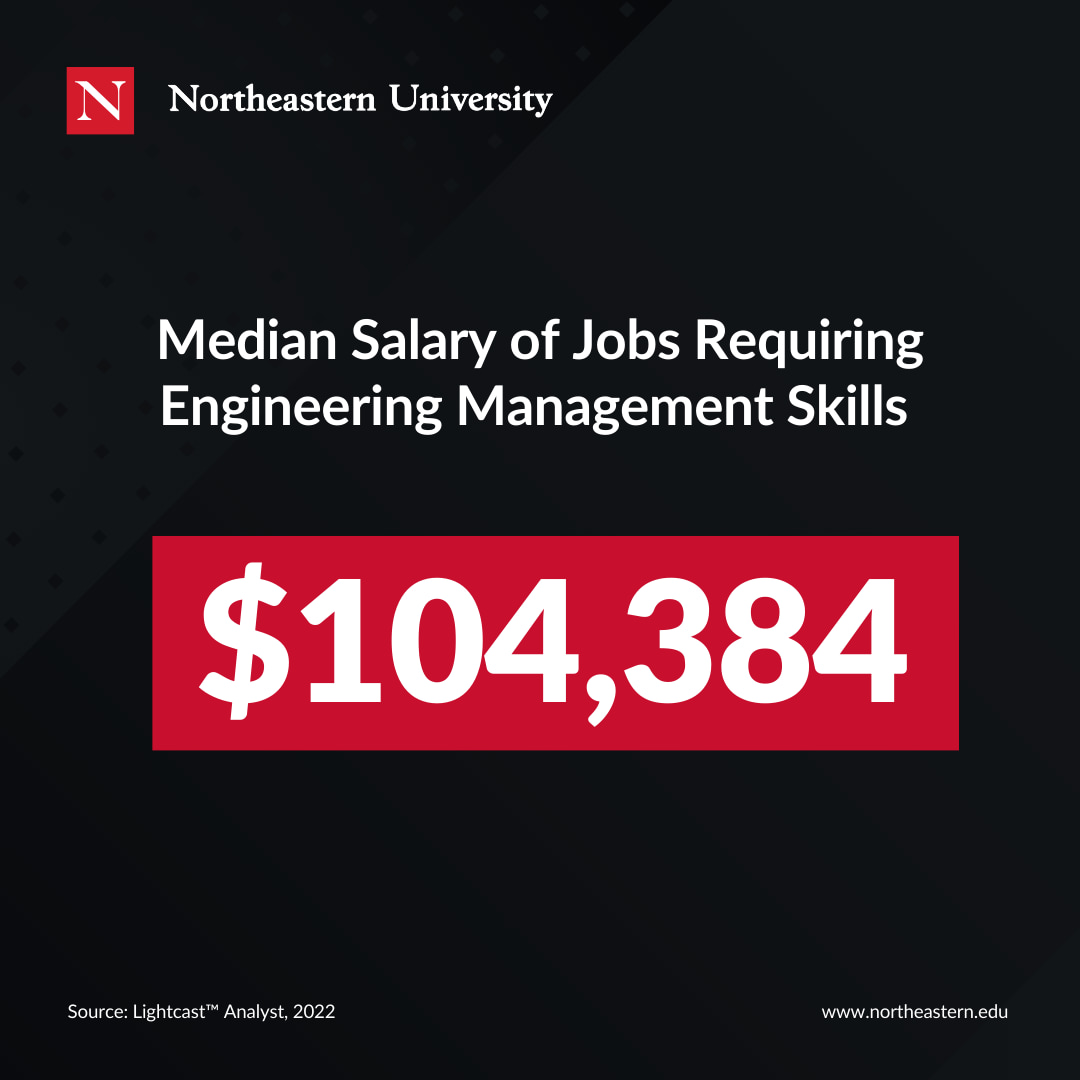In today’s global climate, many graduates feel the increasing pressure to find employment. The rising costs of living and an uncertain economy have made securing stable employment a top priority for most young people. However, studies have shown that the job market is still growing increasingly favorable for young job seekers, especially those with a robust experience-based education on their resumé.
One industry that still has growing opportunities for recent graduates is engineering. This thriving and fast-developing field offers job seekers career growth, stability, and higher earning potential long-term. Here’s everything you need to know about engineering, what careers offer the highest salaries, and how you can obtain one of these lucrative positions.

What Is Engineering?
Engineering covers nearly every area and aspect of modern life, using science and mathematics to constantly improve the world around us. Engineers find ways to utilize scientific discoveries and innovations in real-world scenarios, tackling everything from building skyscrapers and space stations, to designing systems and technology used by healthcare professionals.
Highest-Paying Engineering Careers
As an industry with nearly limitless scope, engineering hosts many careers that offer dynamic environments, rich growth, and incredible earning potential. Overall engineering can be a financially rewarding field, but according to a recent government report, these are the 10 highest-paying careers in the engineering industry and their median annual salaries.

1. Petroleum Engineers
Median Annual Salary: $137,322
Petroleum engineers hold an important position when it comes to safe and efficient extraction and use of gas and petroleum around the world. This crucial and steadily growing career allows uniquely skilled individuals to travel and work in both offices and drilling sites with fellow petroleum engineers, workers, and customers. Due to the global dependence on fuel and the specialized nature of this position, the earning potential is significant.
2. Aerospace Engineers
Median Annual Salary: $118,602
Aerospace engineers are highly skilled individuals who build and design aircrafts, spacecrafts, and missile/defense systems. They generally work for manufacturers, research and development firms, and even the federal government. In an increasingly technological world, these positions can be highly competitive and equally lucrative.
3. Nuclear Engineers
Median Annual Salary: $116,147
Nuclear engineers work with nuclear energy and radiation to design and develop equipment, monitor facilities, examine accidents, and direct operating and maintenance pertaining to nuclear power. They also have the important task of finding practical and beneficial uses for nuclear power, such as medical imaging and diagnostic testing.
4. Chemical Engineers
Median Annual Salary: $108,534
Chemical engineers are heavily involved in the design and production of chemicals, fuels, pharmaceuticals, and even food. These diverse and dynamic individuals apply their elite knowledge of chemistry, biology, and physics to solve problems in laboratories, manufacturing plants, and refineries to develop plastics, paper, petrochemicals, and fertilizers. Many chemical engineers are also charged with developing and testing medical and pharmaceutical supplies, electronics, and even gene and stem cell therapies. The large scope of the position and the expert knowledge required for success are the main reasons why this career offers such a high salary.
5. Electronics Engineers
Median Annual Salary: $107,536
As society shifts more and more to a technology-driven world, electronics engineers are more important than ever. They work in various industries, such as manufacturing and telecommunications, focusing on research and development in a number of capacities. From designing to development, testing and manufacturing, these skilled professionals oversee much of the technology used every day around the world.
6. Electrical Engineers
Median Annual Salary: $100,838
Electrical engineers oversee the generation, transmission, and management of electrical power. These individuals focus on larger-scale technologies like radar/navigation systems and electrical systems for vehicles and aircrafts. Since these technologies are integral to everyday life, electrical engineers are often rewarded with a higher average salary.
7. Materials Engineers
Median Annual Salary: $95,638
Materials engineers evaluate and manufacture the materials used in nearly every business and industry. They develop new uses for known materials and even create new ones. Some materials engineers specialize in a particular kind of material, such as metals, plastics, glass, or ceramics. Due to the nature of their job, many materials engineers work in laboratory or industrial settings, observing the results of their research and development.
8. Marine Engineers and Naval Architects
Median Annual Salary: $95,451
Marine engineers, sometimes known as naval architects, design and build watercrafts that are typically used for military purposes. These engineers work exclusively on water vessels from conceptualization to design, implementing and manufacturing new components to increase efficiency. While military ships, such as submarines, battleships, and aircraft carriers, are the main focus of this industry, engineers may work on anything from passenger boats to cruise ships.
9. Health and Safety Engineers
Median Annual Salary: $94,245
Health and safety engineers develop systems and procedures dedicated to protecting people from injuries and illness. While most health and safety engineers work in the public health field, their safety expertise is used in a variety of other settings. Some of their objectives are to develop chemicals, health and safety protocols, and inspect facilities, machinery, and safety equipment.
10. Mining and Geological Engineers
Median Annual Salary: $93,808
Mining and geological engineers support global manufacturing operations, creating safe and efficient mining systems for the removal of important minerals (e.g., coal and metals). Mining engineers typically work in remote areas since most mining locations are rural, however sand-and-gravel operations—another industry option—are located in more urban areas.
Top Factors That Influence Salary
While there are many career options available to those interested in engineering, recent graduates should consider the numerous factors that determine the number of job opportunities available and overall earning potential.
From gaining hands-on experience, to obtaining an advanced degree and developing a specialized skill set, students can ensure their resumés stand out to prospective employers.
Education Offers More Opportunities
Education is essential to any prospective engineer. It offers students the essential skills and industry knowledge needed to succeed in whatever field they choose. While an advanced degree helps students obtain a job in the engineering field, it also seems to have a positive impact on their earning potential. Studies have shown that college graduates earn 59 percent more than their counterparts without a college degree. Even more compelling, individuals with graduate degrees earn 18 percent more than their undergraduate colleagues.
Experience Is Paramount
Experience is often listed as paramount by potential employers. But the varied and critical responsibilities engineers face make a record of industry-specific experience even more crucial. Engineers are responsible for the creation and maintenance of innovations such as transportation, medicines, equipment, and devices that keep several elements of everyday life running smoothly and safely.
As a result, job postings for engineering positions reflect an increased need for higher levels of experience. According to the U.S. Bureau of Labor Statistics, those looking for engineering management positions need at least five years of experience. Experience isn’t just an indication of qualification in this industry, it often determines a candidate’s earning potential as well. Years of experience can show employers that a candidate is knowledgeable and highly skilled and is able to perform their duties safely and effectively.
Experience, however, isn’t always obtained through entry-level work. Education is another path for prospective engineers to acquire experience. For example, students enrolled in experiential-based programs, like Northeastern’s Master of Science in Engineering Management program, participate in hands-on engineering projects and co-ops in real time.
“These projects count as real-life experiences on students’ resumés, giving them a competitive edge when it comes to earning potential,” explains Himlona Palikhe, co-program director of the engineering management program at Northeastern.
Skills Determine Your Position
The technical skills required of engineering professionals are learned in intensive, hands-on graduate programs and real-life engineering project work. However, the skills that enable students to improve their career trajectory are those demonstrated in their ability to lead. They can also impact their salary. Individuals with engineering management skills earn a median annual salary of $104,384, even if they don’t hold an engineering management position.

Engineers with management skills have the tools needed to confidently apply for higher-level management positions. While there are a variety of management opportunities for engineers, these roles all offer a highly competitive salary. For example, according to a recent government report architectural and engineering managers make a median annual salary of $149,531.

The Path to Engineering Success
For those interested in engineering, the options can seem limitless. However, the path to this dynamic industry is often paved with a dedication to advancing education, obtaining experience, and developing the skills needed to succeed. By focusing on the development of management and leadership skills, individuals can further set themselves apart from the crowd within an already competitive and demanding professional job market.
If you’re interested in boosting your earning potential in engineering, check out our Master of Science in Engineering Management program to see how leadership skills can lead to lucrative career opportunities.






Related Articles
11 Data Science Careers Shaping Our Future
How Data Science is Disrupting Supply Chain Management
What Does a Data Scientist Do?